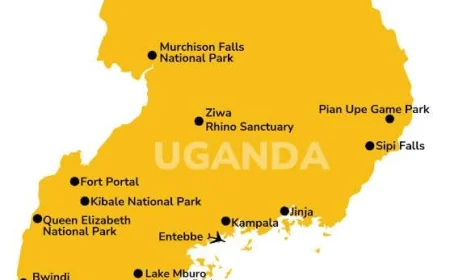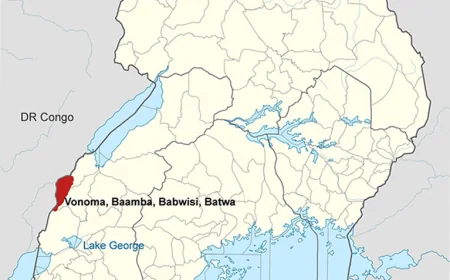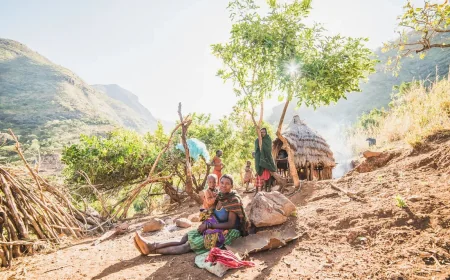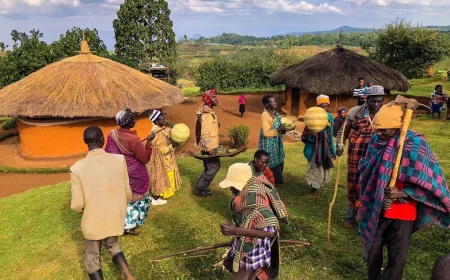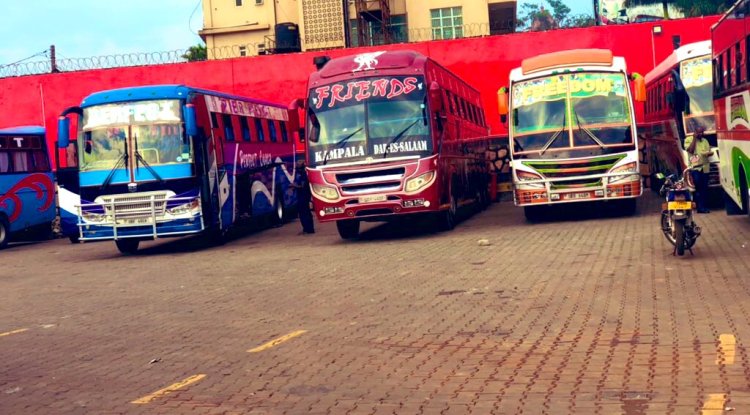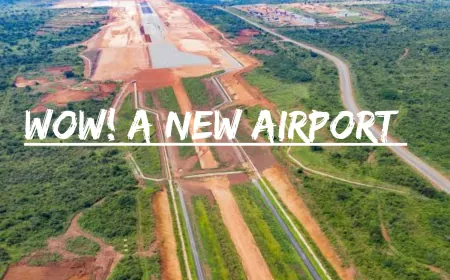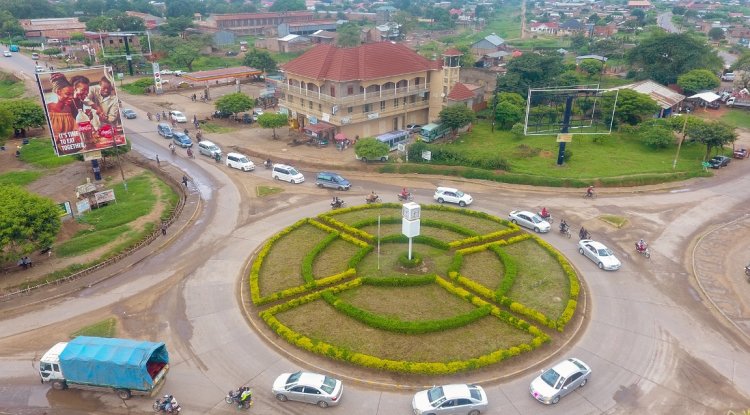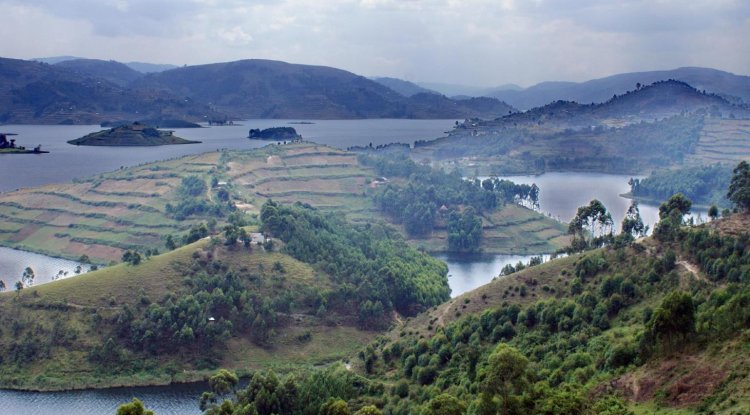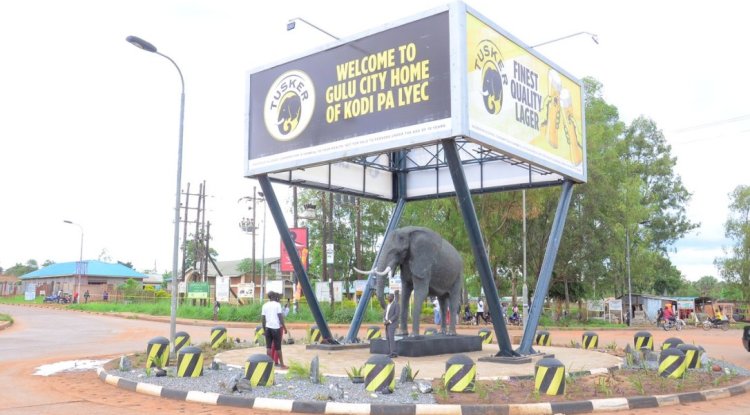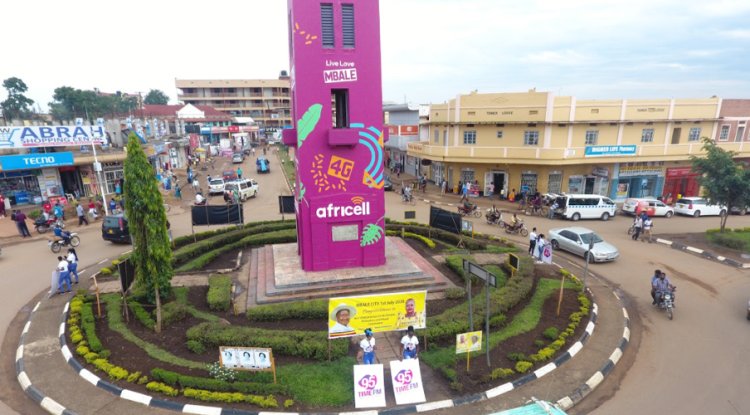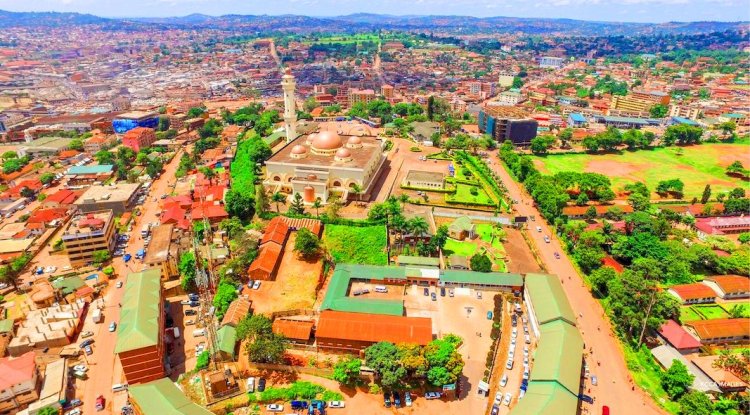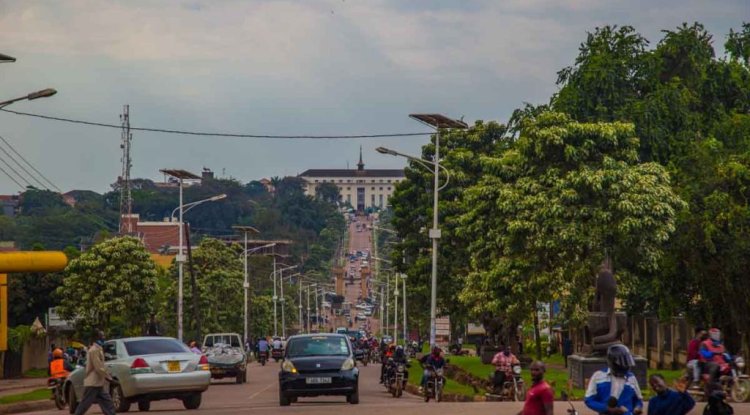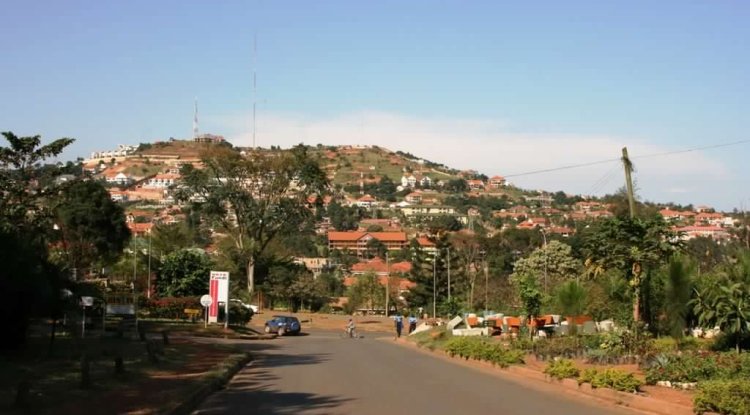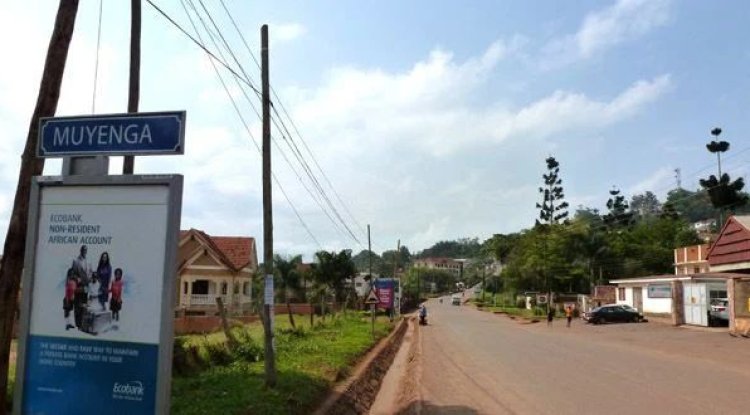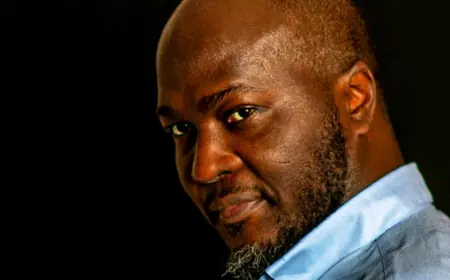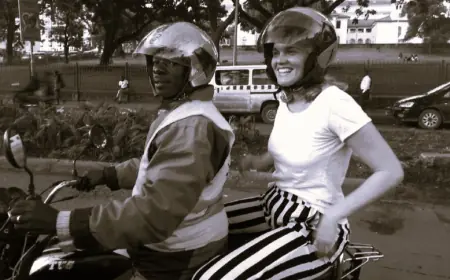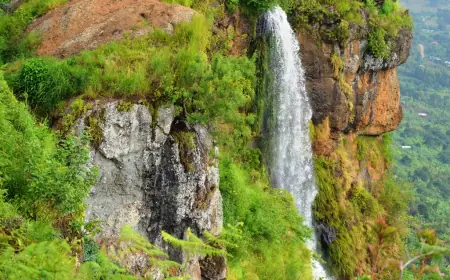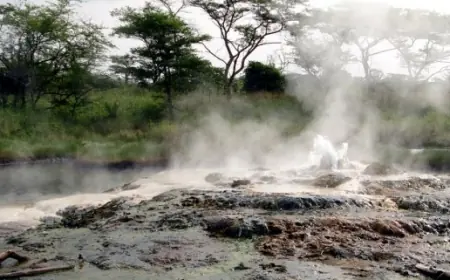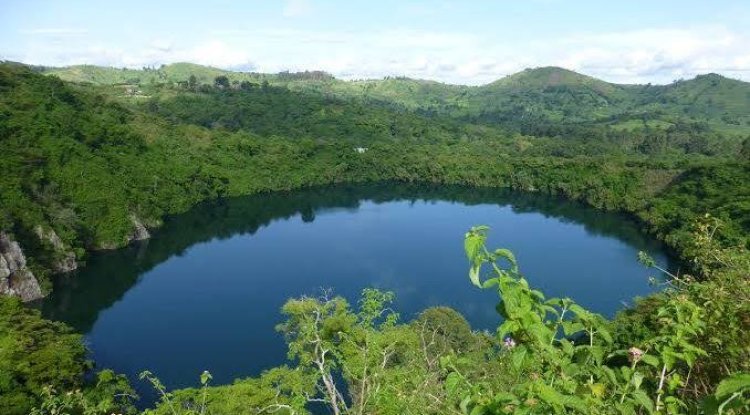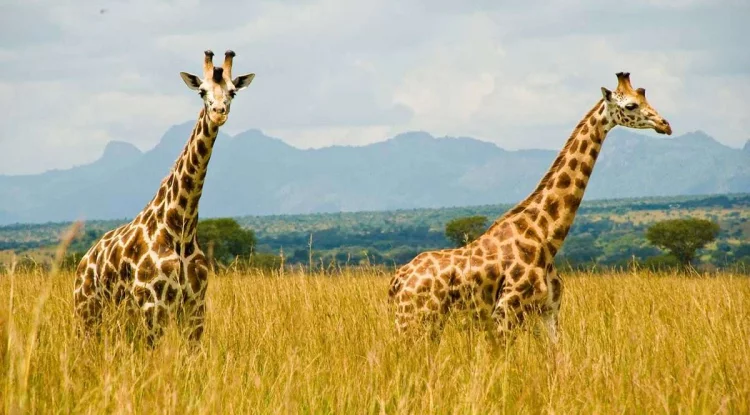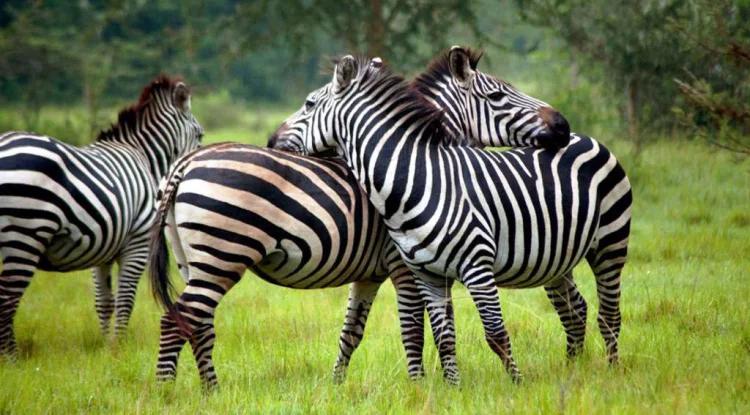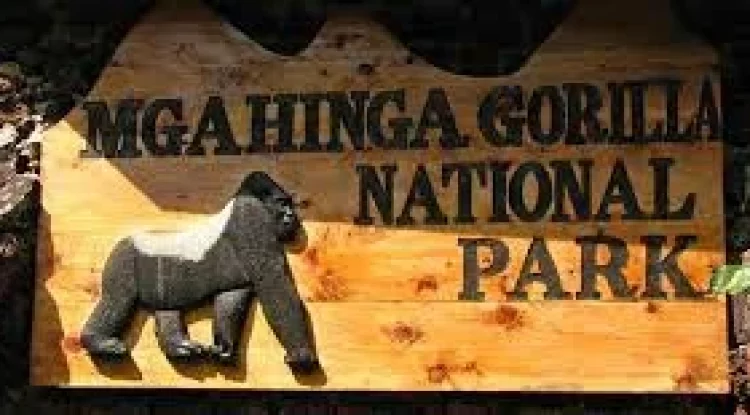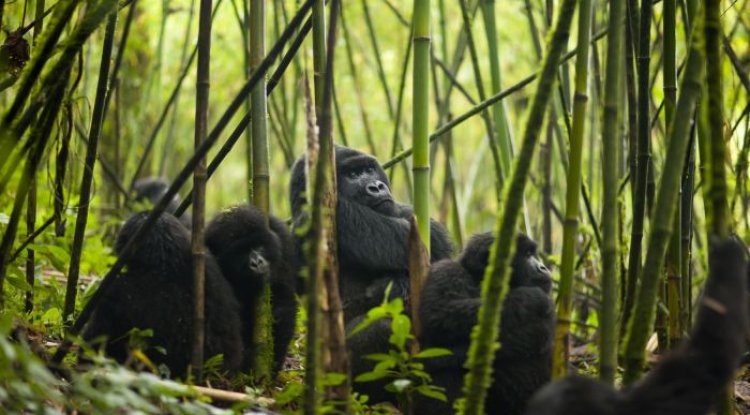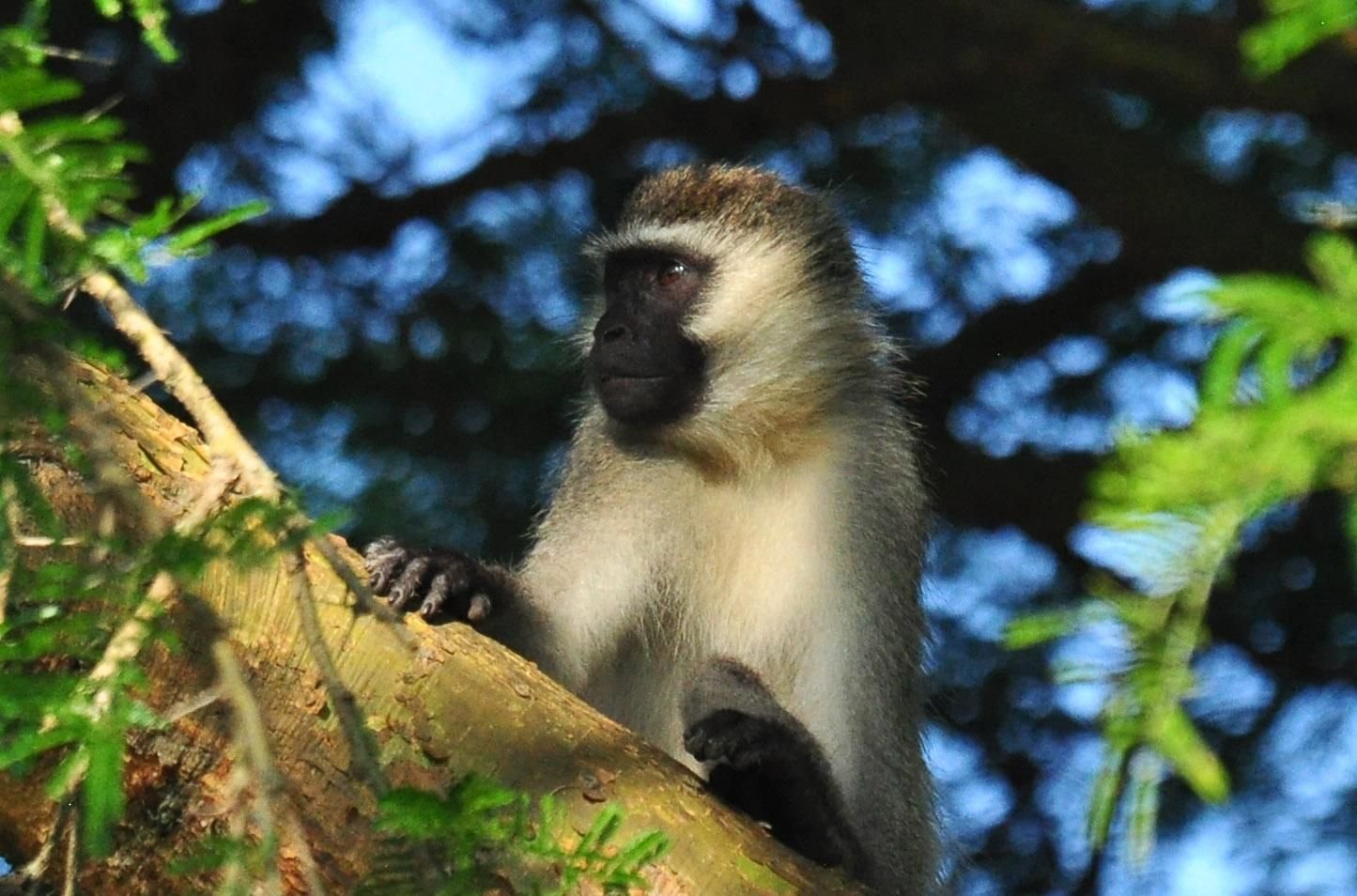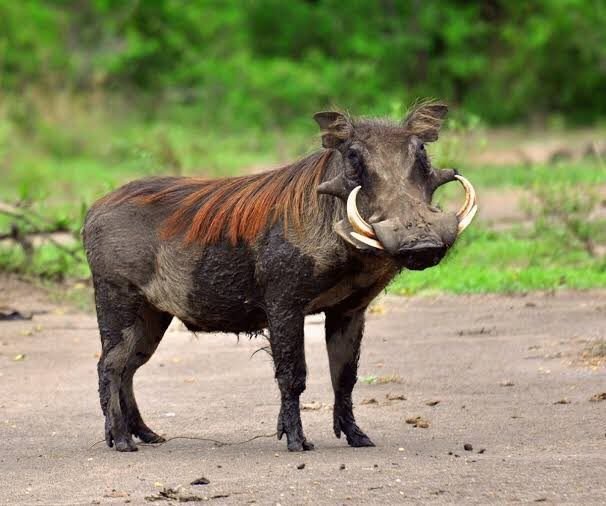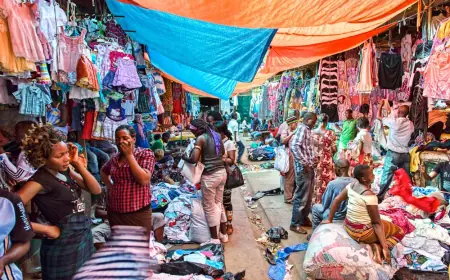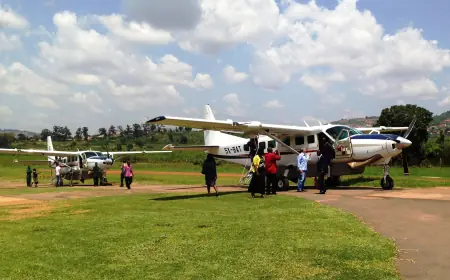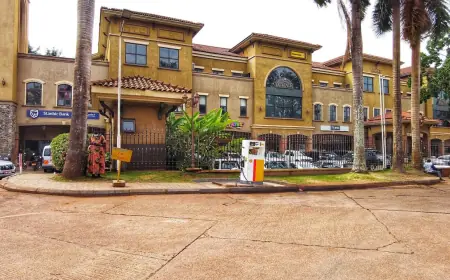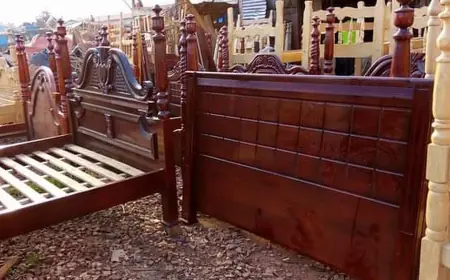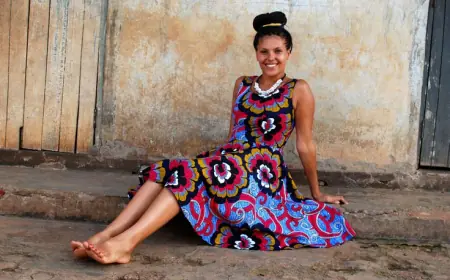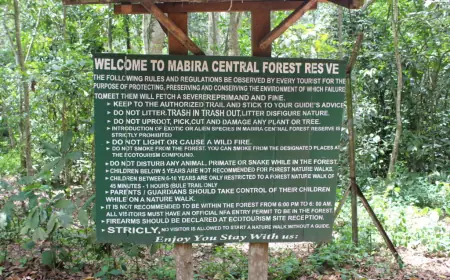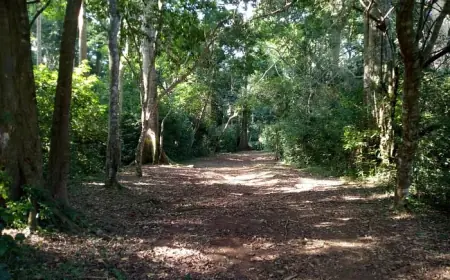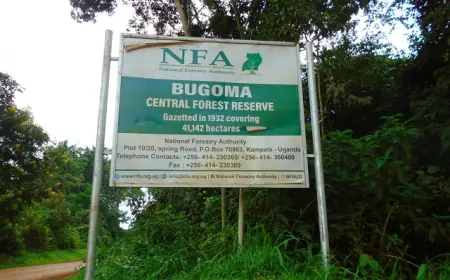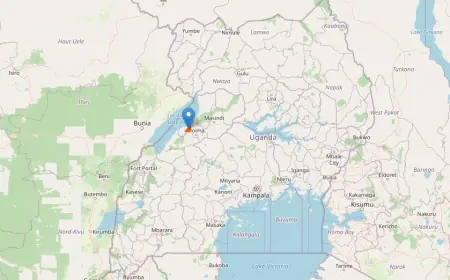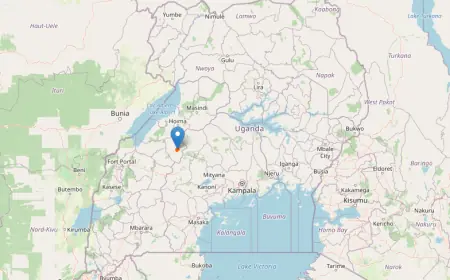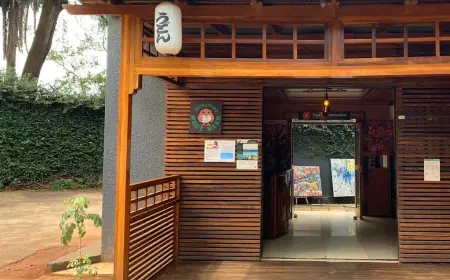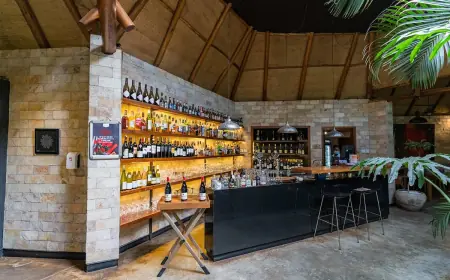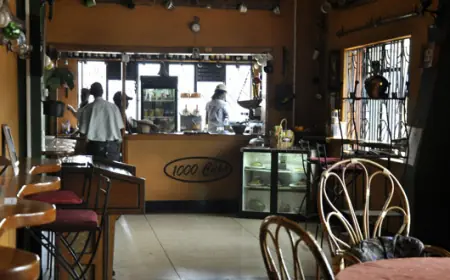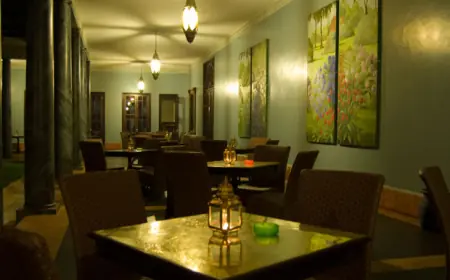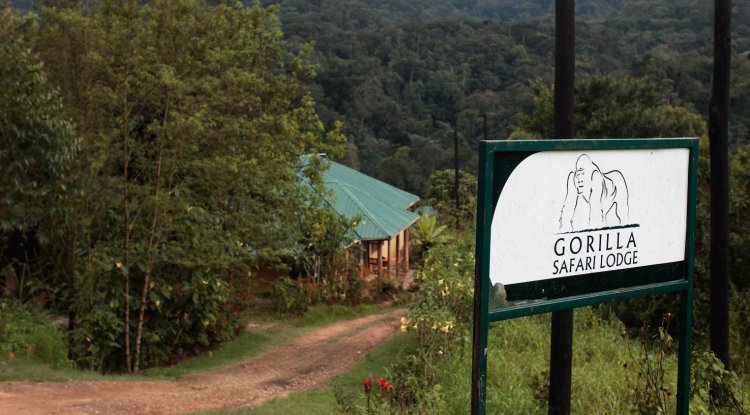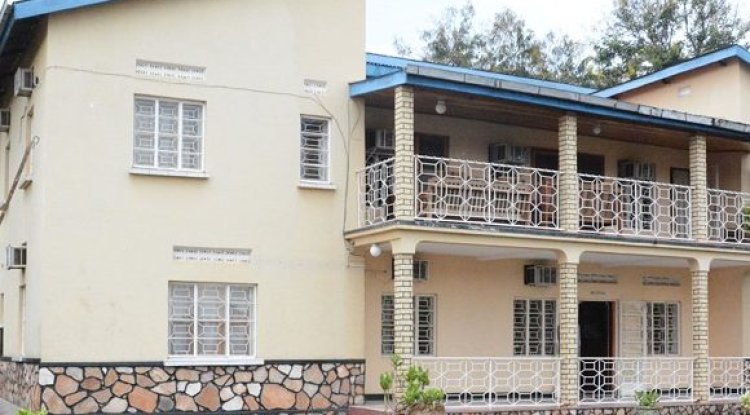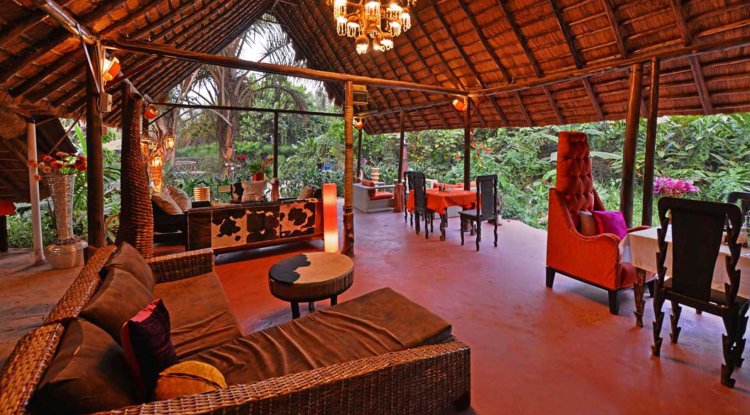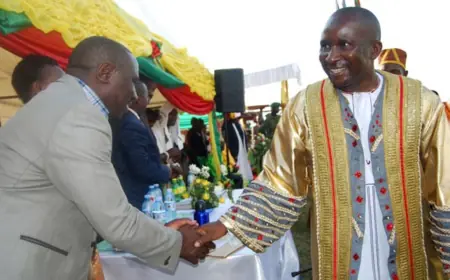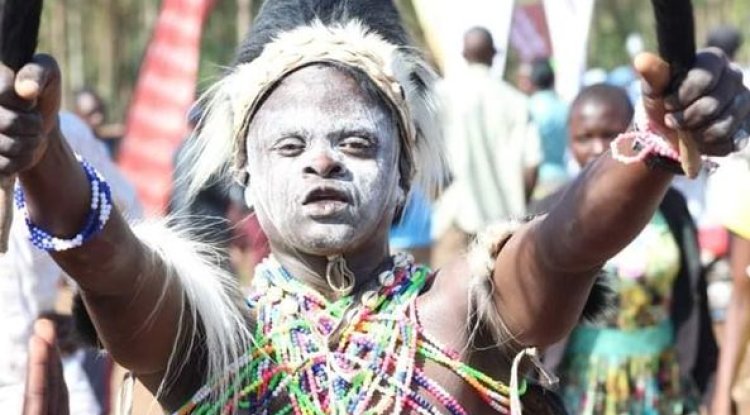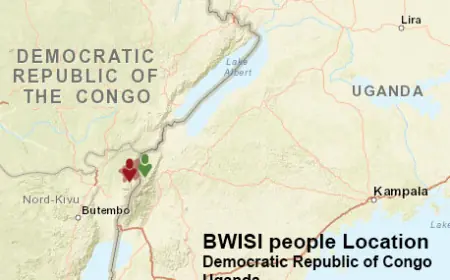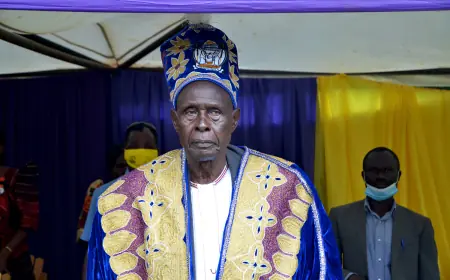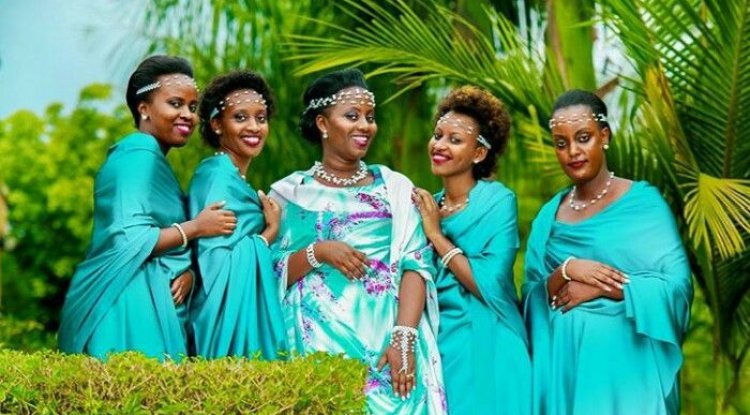The Lendu: Uganda’s Forgotten Tribe
The Lendu are a Central Sudanic-speaking people who inhabit the border areas between Uganda and the Democratic Republic of Congo (DRC).
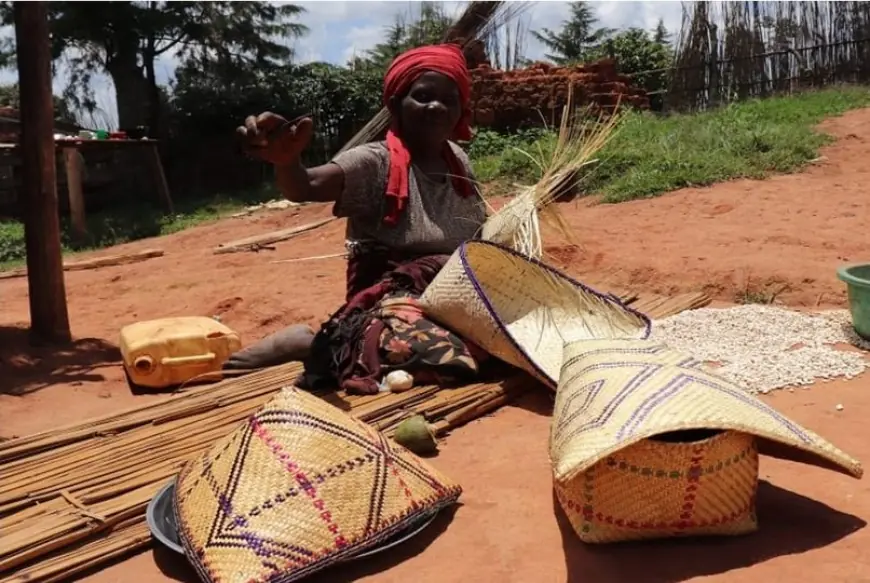
Imagine living in a country where you are not recognized as a citizen, where you have no voice in the political and social affairs, where you face discrimination and marginalization from the dominant groups, and where your culture and language are at risk of extinction. This is the reality for the Lendu, one of the smallest and most invisible tribes in Uganda.
The Lendu are a Central Sudanic-speaking people who inhabit the border areas between Uganda and the Democratic Republic of Congo (DRC). They have a long and rich history, but also a tragic and turbulent one. They have suffered from colonial oppression, ethnic conflicts, civil wars, and social exclusion. They have been displaced, persecuted, and neglected by both the Ugandan and Congolese governments. They have been overshadowed by their larger and more powerful neighbors, the Alur and the Hema. They have been forgotten by the rest of the world.
But the Lendu are not giving up. They are fighting for their survival, dignity, and recognition. They are reviving their traditions, customs, and values. They are establishing their own kingdom, with a new king and a new vision. They are reclaiming their identity and their place in society. They are the Lendu, Uganda’s forgotten tribe.
History and Origins
The Lendu (originally known as Ndrukpa) are believed to be among the first inhabitants of the area west and northwest of Lake Albert, in what is now the West Nile sub-region of Uganda and the Ituri region of the DRC. They arrived there between 1000 and 1600 AD, according to a history scholar at Gulu University, Dr. Agatha Alidri. They settled in and around the Lendu Forest, which gave them their name.
The Lendu lived in relative peace and harmony with the environment and other ethnic groups until the arrival of the Alur in the 17th century. The Alur, who came from South Sudan, were a Nilotic people who practiced cattle herding and ironworking. They were more aggressive and expansionist than the Lendu, who were mainly farmers and hunters. The Alur gradually encroached on the Lendu lands, pushing them to the margins and subjugating them. The Alur also imposed their language, culture, and political system on the Lendu, who became assimilated and marginalized.
The situation worsened with the advent of colonialism in the late 19th and early 20th centuries. The British and the Belgians divided the Lendu territory between Uganda and Congo without regard for their ethnic and historical ties. The Lendu were further exploited and oppressed by the colonial powers, who favored the Alur and the Hema, another Nilotic group that migrated to the area in the 18th century.
In Uganda, the Lendu are mainly found in Zombo district, West Nile region along the Uganda-DRC border. In the Congo, Lendu mostly lives in the Ituri, Mahagi, and Njugu. regions in the eastern part of the country. Currently some of us are also found in Arua, Gulu, Nebbi, and Pakwach districts, as well as in Bunyoro (Hoima, Masindi, Bulisia, and Kiryadongo districts). In the central region, there are also Nrukpa in Wakiso and Luwero districts.
Lendu were originally called the Ndru but were later given the nickname "Lendu.” (“something that is forsaken”) by the Alur who occupied our land and turned then almost into their servants.
Culture and Language
Lendu are organized into clans, but we also have a King as the highest. The monarch of all Ndrukpa people in Uganda and the Democratic Republic of the Congo. Lendu Clans and people distributed throughout Uganda trace their origins from. Some clan members continue to occupy the subcounties in their ancestral district of Zombo, among Zeu, Akaa, Jangokoro, Paidha, Alangi, Kango, Nyapea, and Abanga, among others.
Lendu are mostly agriculturalists who specialize in subsistence farming, with occasional ventures into cattle keeping, fishing, logging, and hunting. Lendu are well-known in the many villages where they dwell for their expertise in native medicinal herbs. Lendu land in Zombo district is blessed with a variety of species that are used as herbs to treat various diseases.
The Lendu people strongly believed in a deity named Guw (god) and practiced a traditional religion involving sacrificial offerings. Upon the birth of a new baby, the mother would circle the homestead, accompanied by the local religious leader carrying a flame of fire. The number of rounds differed based on the baby's gender, with three rounds for boys and four for girls, confirming their Lendu identity and ensuring they were not conceived through extramarital affairs.
If the child's father was non-Lendu and his identity undisclosed, it was believed the child would not survive the ritual. A shrine was erected near the door for every newborn, and during the appearance of the new moon, the child was taken to the shrine with fire raised above their head to ward off demons.
During the harvest season, the first harvest was offered to Guw at the shrine as a gesture of thanksgiving. Seeking blessings for a person or child involved bringing food for elders to eat and sprinkling the water used for handwashing on the individual. This same ritual was carried out for a girl entering marriage.
The Lendu have a rich and diverse artistic expression, which manifests in their music, dance, poetry, storytelling, and visual arts. The Lendu use music and dance to celebrate, entertain, educate, and heal. They have a variety of musical instruments, such as drums, flutes, horns, rattles, and xylophones, which produce different sounds and rhythms. They also have a variety of dances, such as the Ndrulo, the Kpanga, and the Ngoma, which involve different movements and gestures. The Lendu use poetry and storytelling to preserve, transmit, and enrich their history, culture, and values. They have a rich oral tradition, which includes myths, legends, proverbs, riddles, and songs that convey the wisdom and creativity of the Lendu people. They also have rich visual art, which includes pottery, basketry, weaving, carving, and painting, which reflect the skills and the aesthetics of the Lendu people.
Marriage
Marriage among the Lendu was seen as a unifying force. Marriage in the past was initiated by the parents of the boy and the girl when ready for marriage (above twenty years of age). Even today, the boy is not to marry from the mother’s lineage but can marry from other clans. If he marries from a relative’s clan, the boy is cursed, and his children continue to die until separation is initiated.
Marriage today is now the responsibility of the boy and the girl to identify one’s future wife or husband. Parents and other relatives therefore have limited
influence at the initial stage of the marriage process. This started in the 1950s, as a result of the inclusion of cattle in the bride price. The number of cattle accepted for dowry was a minimum of 11, although, with the reduction in the number of cows to even as low as 3 cows, this led many youths to ignore the parents’ roles. Divorce was allowed if the woman was found to be a witch, but cultural norms prohibited the separation of a married couple, and dowry refund was not permitted.
Language
The Lendu have a unique and endangered language, which is part of the Central Sudanic language family. The Lendu language, also called Ndrulo or Balendru, is spoken by about 20,000 people in Uganda and between 750,000 and one million people in the DRC. The Lendu language is very different from the languages spoken by their neighbors, such as the Alur, the Hema, and the Lugbara, which are part of the Nilotic language family. The Lendu language has a complex phonology, morphology, and syntax, which make it difficult to learn and write. The Lendu language also has a rich vocabulary, which reflects the diversity and specificity of the Lendu culture and environment.
The Lendu language is under threat of extinction due to several factors. The Lendu language has been marginalized and suppressed by the dominant languages, such as Swahili, Lingala, Alur, and English, which are used in education, administration, media, and trade. The Lendu language has been diluted and corrupted by the influence and the borrowing of words and structures from other languages. The Lendu language has been neglected and abandoned by the younger generations, who prefer to speak the languages that are more prestigious and more useful in modern society.
What's Your Reaction?
 Like
2
Like
2
 Dislike
0
Dislike
0
 Love
0
Love
0
 Funny
0
Funny
0
 Angry
0
Angry
0
 Sad
1
Sad
1
 Wow
1
Wow
1
